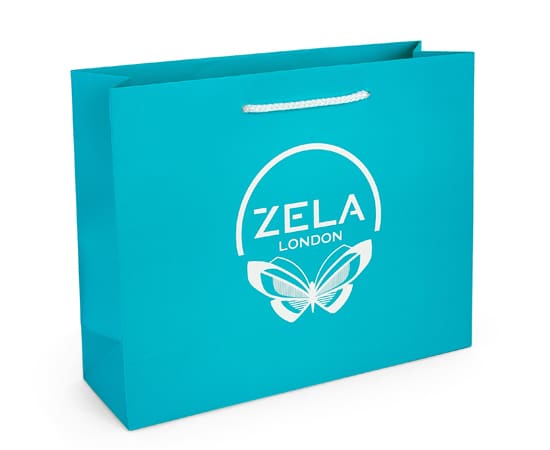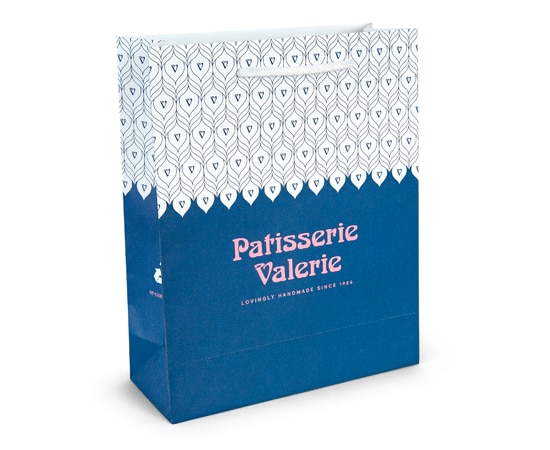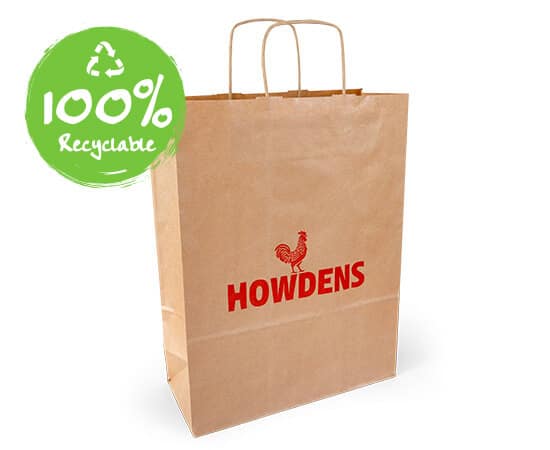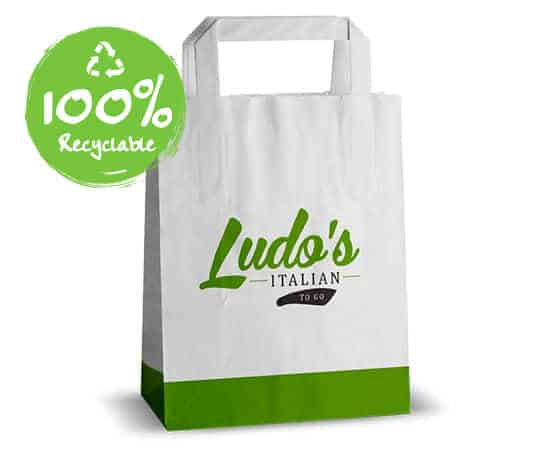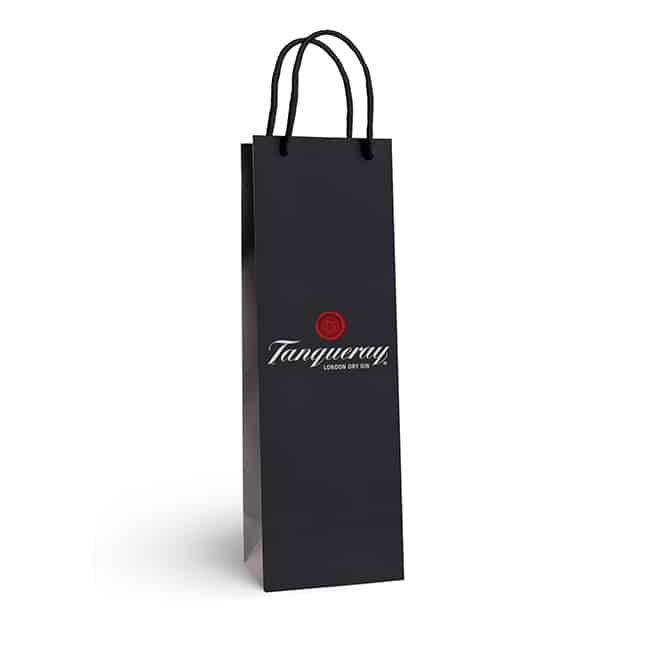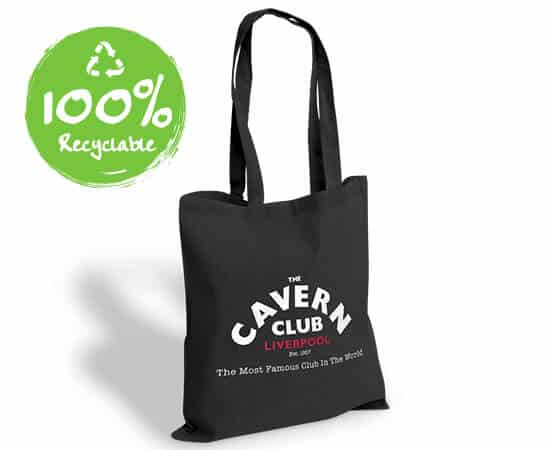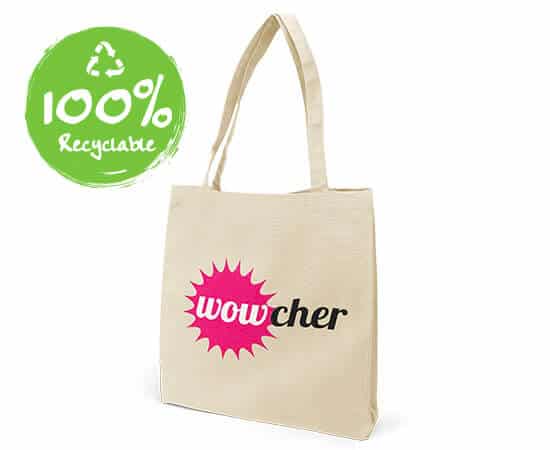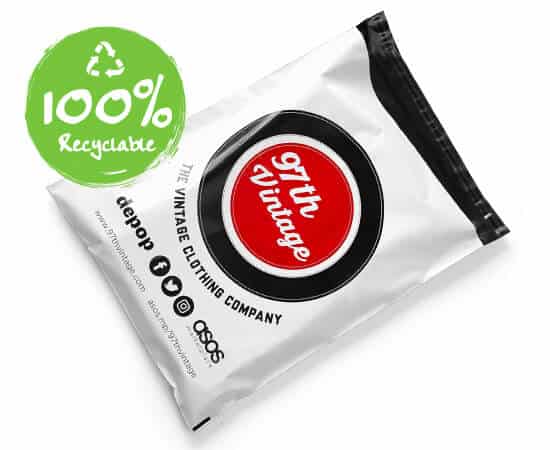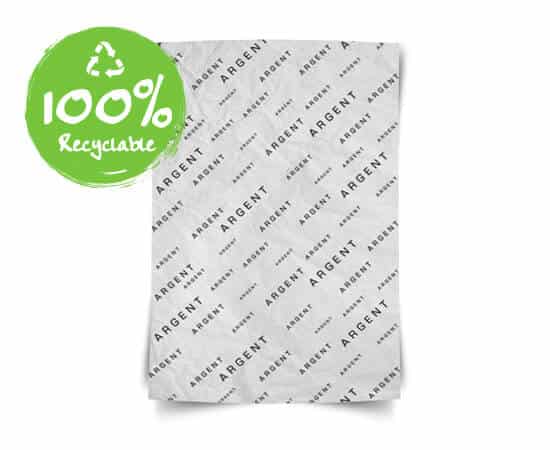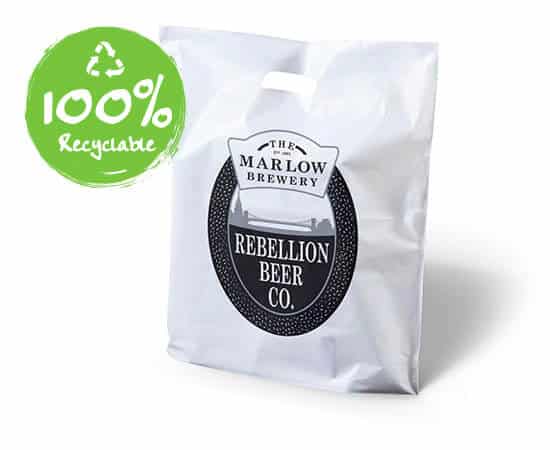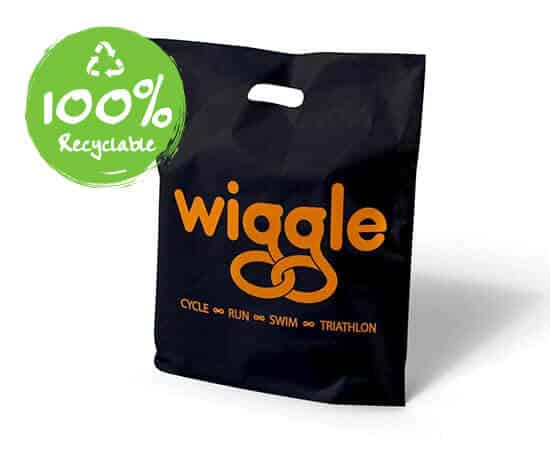
Fairtrade Fortnight 2018: What is Fairtrade?
Here at The Printed Bag Shop we believe in fair trade, ensuring that we source all of our products as ethically as we can.
But what is Fairtrade and what does it mean?
The definition of Fairtrade from The World Fair Trade Organisation is this:-
Fairtrade is a trading partnership, based on dialogue, transparency and respect, that seeks greater equity in international trade.
In simpler terms, Fairtrade is when the price we pay for products gives the workers and producers a fair price for their work, and that it is enough to afford life’s essentials like nutritious food, healthcare and an education.
Created as an alternative way of doing business, Fairtrade is based on a partnership meaning that everyone involved is equally as important when it comes to commercial considerations. Workers and producers like farmers and workers will be paid fairly according to the costs of living in their country. It is seen as a model for development in under-developed countries and a solution to poverty.
Every human being is entitled to a fair standard of living. Fairtrade means making this a reality. When we buy Fairtrade products – coffee, cotton and rice being the most recognisable – from a supplier who supports the Fairtrade policy, we are helping those who have farmed or produced our tasty coffee, or stylish cotton tote bag, to live better and eat healthier.
Fairtrade goes further than just trading; it is a solid contribution to the fight against poverty and climate change.
These are the 10 principles of Fair Trade that Fairtrade Organisations have to comply with in their day-to-day work…
- Opportunities for economically disadvantaged producers
- Transparency and Accountability
- Fairtrade practices
- Fair payment
- No child labour & no forced labour
- No discrimination, gender equity and freedom of association
- Good working conditions
- Capacity building
- Promote Fairtrade
- Respect for the environment
When did it begin?
Back in 1946, Ten Thousand Villages (formally Self Help Crafts) in the United States began buying needlework from Puerto Rico, with the first formal ‘Fairtrade’ shop which sold these and other items opening in 1958. In the UK, Oxfam started to sell crafts made by Chinese refugees in their shops in the late 1950’s. In 1964 Oxfam created the first Fair Trade Organisation. There were similar initiatives in the Netherlands, where in 1967 the importing organisation Fair Trade Original was established.
In the early years fair trading was mostly with handicraft producers with their products being sold through the ‘Third World Shops’. Since Fair Trade Original in the Netherlands imported their first Fair Trade coffee in 1973, hundreds of thousands of coffee farmers have benefited. After the success of coffee other fair trade products were introduced like tea, sugar, wine, fruit and more. This opened up new markets like supermarket chains and bio shops.
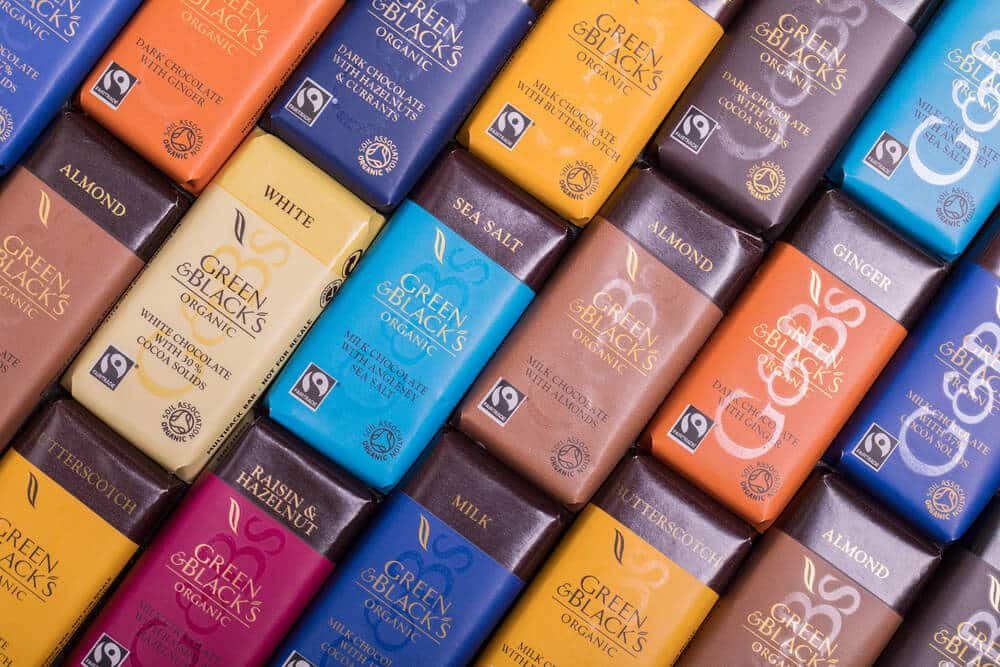
Fairtrade facts & figures
These facts and figures from the University of the West of England Bristol show that Fairtrade is working…
- The system works with over 1.65 million farmers and workers
- You’ll find 1226 producer organisations across 74 countries
- 26% of all Fairtrade workers and farmers are women
- A Fairtrade farmer has an average sized plot of 1.5 hectares
- Plantation workers spend 26% of their Fairtrade premium on education
- 78% of consumers recognise the Fairtrade mark
- Fairtrade products are sold in more than 120 countries
How to identify a Fairtrade product
The Fairtrade mark is the most recognised ethical label in the world, with almost three quarters of UK shoppers using it to decide whether a product is ethical.
From the obvious like coffee and cotton, to flowers, beauty products and gold, if it is produced or manufactured by a Fair Trade Organisation it will display the trademark. The system requires all products to be physically traceable, so if you see the symbol you know you are buying goods that will ensure those who produced them will receive fair pay for their products.
Why do we need Fairtrade?
Firstly, we want everyone to be treated fairly don’t we?
As we said earlier, we are all entitled to a fair standard of living, whatever country we live and work in. The World Fair Trade Organisation is helping to make this a reality. The injustices in conventional trade come from the imbalance of power when it comes to negotiating. Fairtrade is a system that has goals and principals that give sustainable living and a just economy, helping producers in the less developed countries, especially small producers, to gain business and escape from marginalisation.
- It means safe, healthy working conditions where producers and farmers receive a fair price and have a say in how their workplace is run.
- It gives us safe goods, promoting farm management systems that improve soil fertility, making food safer for those who eat it and those who grow it.
- It means high quality products; artisans and craftsmen take pride in their work and give attention to detail, giving us quality goods.
- It is better for the environment, supporting sustainable practices that minimize our carbon footprint.
Get involved and support Fairtrade
- Ask for a Fairtrade option when ordering coffee, juice, chocolate or cereal in your local cafe
- Look out for certified products in the supermarket or the local deli; they may be a little more expensive but think of the good you are doing in supporting this amazing organisation
- Seek out more ethical clothes, gifts and jewellery; they are just as stylish and can be much more unique than those found in large department stores.
- Support Fairtrade Fortnight this year. It runs from Feb 26th to March 11th, there are bound to be events and promotions in your local area – find out more on their website.


